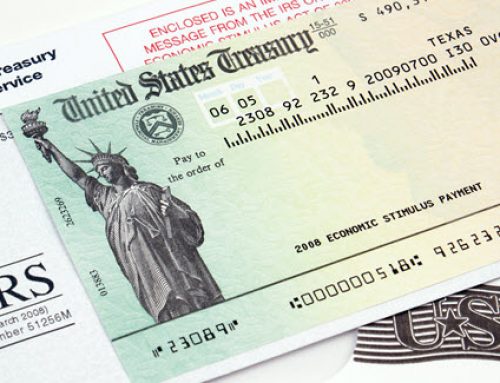In order to qualify for federal programs like Medicaid or Supplemental Security Income (SSI), a person can’t have more than $2,000 in cash savings or other assets. As a result, many disabled Americans are discouraged from working or setting aside money for long term expenses, since they don’t want to put their benefits at risk.
A traditional planning solution that many permanently disabled individuals have as means to provide for long term care beyond government benefits, has been to create a special-needs trust. However, many people receiving Medicaid and SSI benefits, do not have the extra money to hire the necessary legal services to produce a trust.
This past December, however, congress passed the Achieving a Better Life Experience Act, more concisely referred to as ABLE. Essentially, ABLE creates a lower-cost of means for the disabled and their families to save for long-term needs without jeopardizing their federal benefits.
According to the New York Times, disabled people and families with children who have special needs can pay into the accounts. So long as the money is spent on pre-approved categories of expenditures for the beneficiary, withdrawals from the accounts will not be taxed. Such pre-approved expenditures include, housing, education, transportation, health care and rehabilitation.
ABLE accounts have an annual contribution limit of $14,000 and can grow to $100,000 without effecting S.S.I. benefits. To qualify you must have been disabled before age 26. While specific regulatory are still emerging, anyone eligible for S.S.I. benefits will likely be eligible for ABLE.
Additionally, if you or a loved one have any questions regarding your workers benefits, social security, or disability benefits contact our experienced attorneys at McIntyre, Donohue, Accardi, Salmonson & Riordan, LLP. For a consultation, call (866)557-7500.
Attorney Advertising.




Leave A Comment